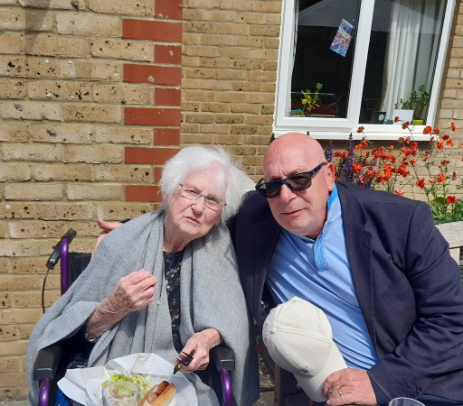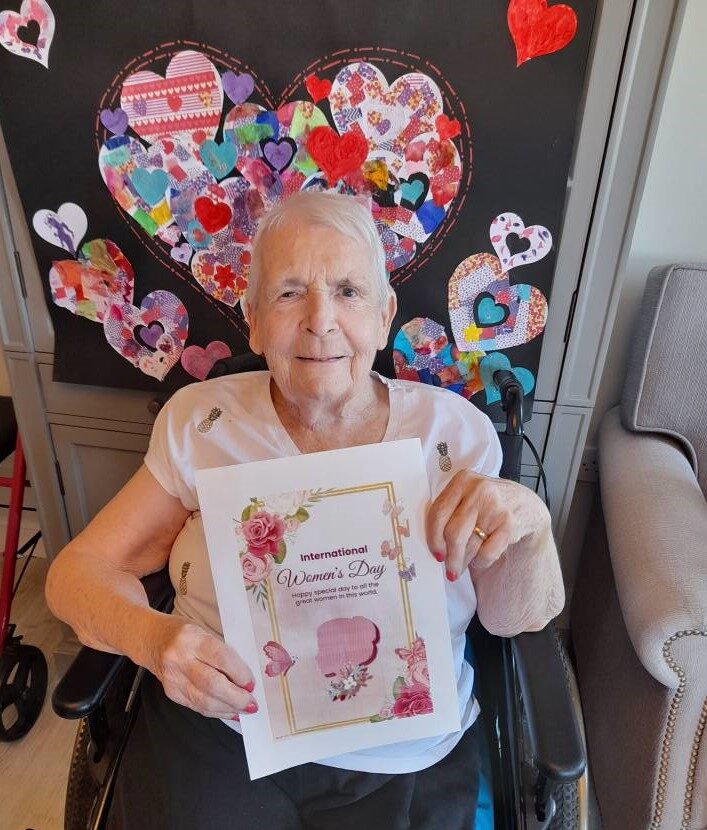How To Get an Elderly Person into a Care Home
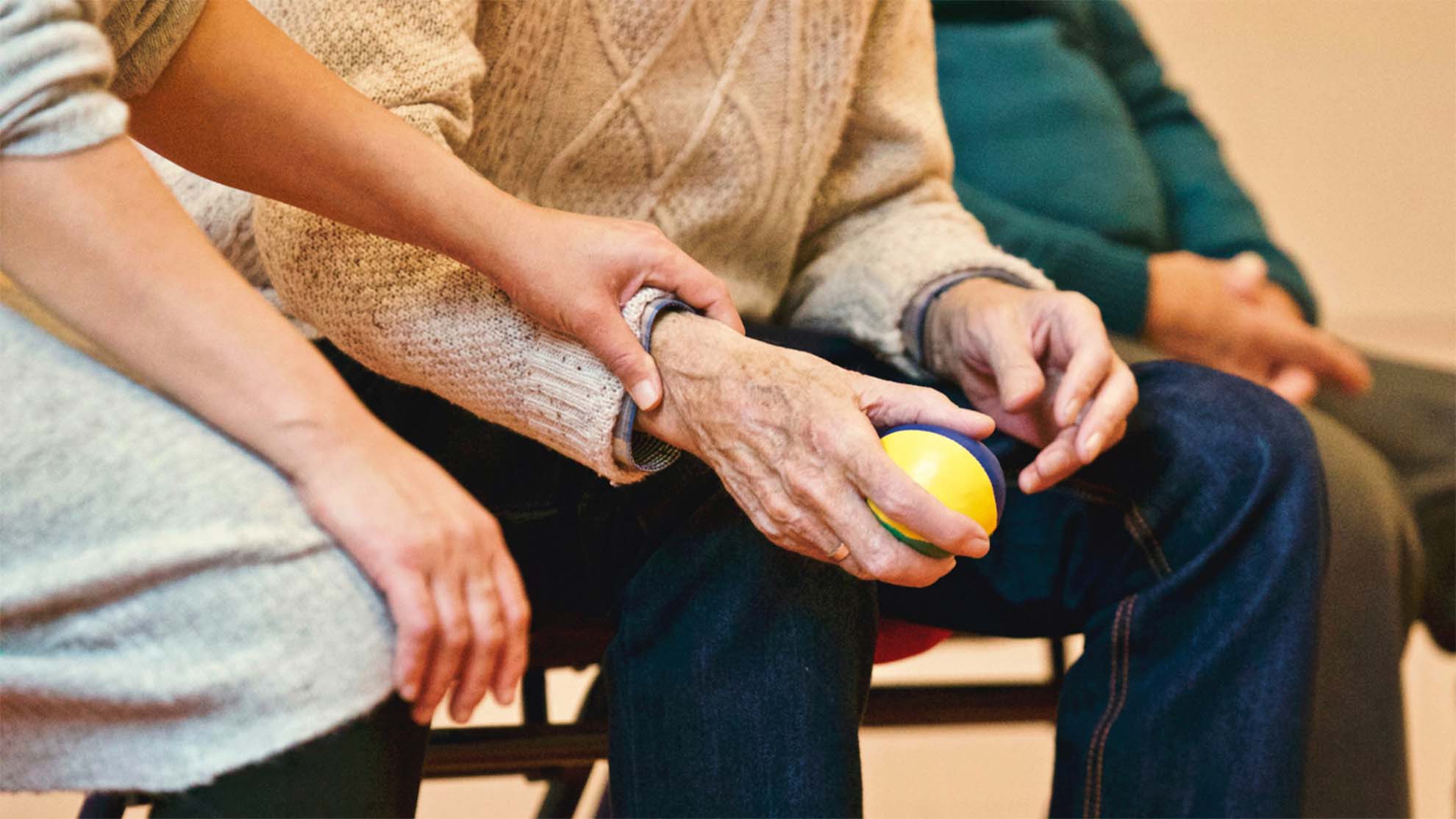
As people age, it is likely that they will require more assistance with their daily activities and personal care, which can become difficult for them to manage in their own home. In such cases, a care home can be a good option to provide someone with the support they need on a daily basis. There are many different types of care homes available in the UK. From care homes that specialise in one type of care, such as dementia, to care homes that offer four main care types such as residential, dementia, nursing and respite care.
Getting an elderly relative into a care home can be a challenging and emotional process for both the person in need of specialist care and the family member. Below we have provided some tips on how you can make the process a little smoother:

- Start the Conversation Early
It's important to start the conversation with the person in need of care early on about the possibility of moving into a care home in the near future. This gives them time to process the idea so that they become familiar with the idea. Discussing the benefits of a care home, such as more support from a professional carer, a safe environment and socialisation opportunities all while living independently can help convince someone that it's the right time and it’s not something to be afraid of.
If someone is lacking mental capacity, such as an elderly person living with dementia, having power of attorney over them means you can make decisions on their behalf if you believe it's best for their needs. There may be multiple people in your family that hold the power of attorney over a family member so you would need to ensure that the other relative agrees and gets involved with the decision-making process.
- Involve the individual in the Decision-Making
It's essential that you involve the person in the decision-making process as much as possible. This can help them feel more in control of the situation and reduce anxiety. Take them to visit care homes so that they can see first-hand what life will be like living there and encourage them to ask questions and voice their concerns if they have the mental capacity to do so. It’s important that the individual understands as much as possible that this transitional phase in their life is to ultimately better their life, and allow them to carry on with the things they enjoy by reducing any stress and anxiety associated with day-to-day tasks.
- Assess the Person's Overall Needs
Before selecting a care home, it's crucial to assess the person's needs to establish exactly which type of care they require. You may have noticed that someone is starting to show signs that they need additional help with everyday tasks, or it may be that you have been caring for someone for a few years, but it has gotten to the stage where you can no longer provide adequate care. This can help to determine the level of care and the type of care home that would be suitable. Consider factors such as their physical and mental health, mobility, and any medical conditions they may have. You may need to seek advice from a team of health professionals who can carry out a care needs assessment to determine the person's care needs.
- Research Care Homes
It's important to do thorough research on care homes in your desired location before making a decision. Look for care homes that specialise in the type of care that the elderly person requires, and check the care home's latest inspection report which will give you more of an idea of whether it's a good care home. Read online reviews and speak to people who have had experience with the care home you are interested in to get a better understanding of their quality of care and whether it meets your expectations.
- Plan for the Move
Moving to a care home can be an emotional process for someone, so it's important to plan for the move in advance. This includes packing their belongings, arranging for transportation, and ensuring that their new room in the care home is set up and personalised exactly how they want it to make it feel like home in familiar surroundings. Often upon admission into a care home, there will be a staff member who will help the individual to settle in for the first few weeks in their new surroundings.
- Consider the Care Home Cost
Care homes can be expensive if it's a luxury care homes, so it's important to consider the cost and plan accordingly. You can determine if the person is eligible for financial support from the local council or NHS continuing healthcare for nursing needs following a financial assessment if self-funding is not an option. A top-up fee may be an option for someone, which combines funding from a local authority and financial help from a family member who can make up the rest of the amount. It's also important to understand the care home's payment structure and any additional fees that may apply by contacting the home directly.
- Seek Professional Advice
Getting an individual into a care home can be a complicated and overwhelming process, so it's important to seek professional help when needed. Speaking to a social worker, senior care home staff or looking at online resources will all offer a free service to help guide you through this time of uncertainty and answer any questions or concerns you may have. Moving to a care home can be a difficult and emotional process for both the person and their loved ones, but with careful planning and consideration, it can also be a positive step towards improving their quality of life.

High-Quality Care at Hazelwood Care Home
Hazelwood Care Home in Longfield, Dartford offers exceptional Residential Care, Dementia Care, Nursing Care, Palliative Care and Respite Care services on a 24-hour basis. Nestled in a quiet residential area of Longfield, Hazelwood offers picturesque views of open green spaces and an array of inclusive amenities for elderly people. The highly skilled and compassionate Hazelwood team provides person-centred care and strives to cater to the unique needs of every resident. We regularly monitor our residents' health and care needs to ensure a seamless continuum of care throughout their stay for peace of mind for both you and your family members.
Hazelwood Care Home boasts a wide range of facilities that residents can enjoy on a regular basis, such as a beauty salon, garden and sensory room, arts and crafts workshops, an events and well-being programme, day trips, and more. Our events and wellness coordinators collaborate with the residents to tailor activities to their interests and preferences. We want our residents to continue with their hobbies for as long as possible by offering a range of in-house activities and events.
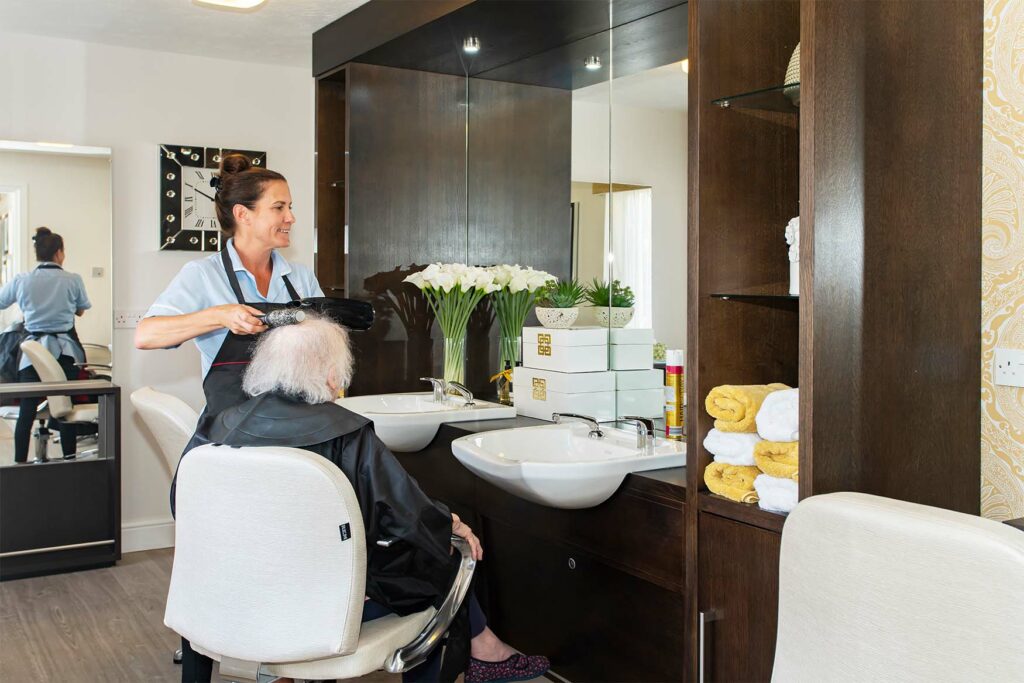

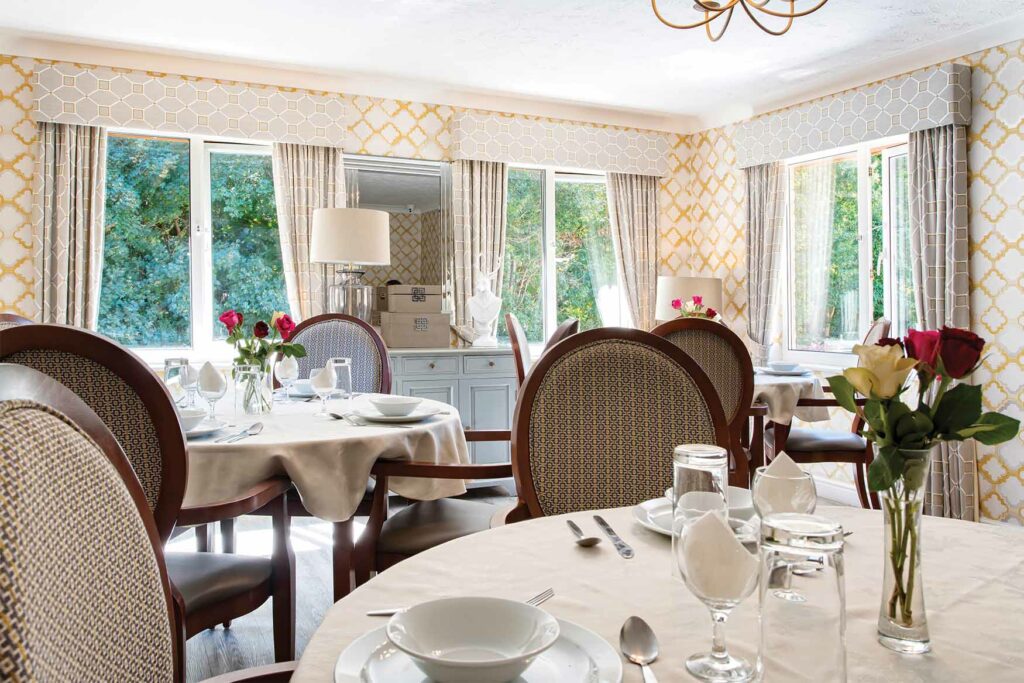
Chat With Our Helpful Staff
Knowing when it's the right time to move a loved one to a care home can be a daunting decision. The Hazelwood team is here to help answer any queries you may have for peace of mind. To get in touch, please call 01474 573 800 or email info@hazelwoodcarehome.com and a friendly member of the team will gladly assist you.


